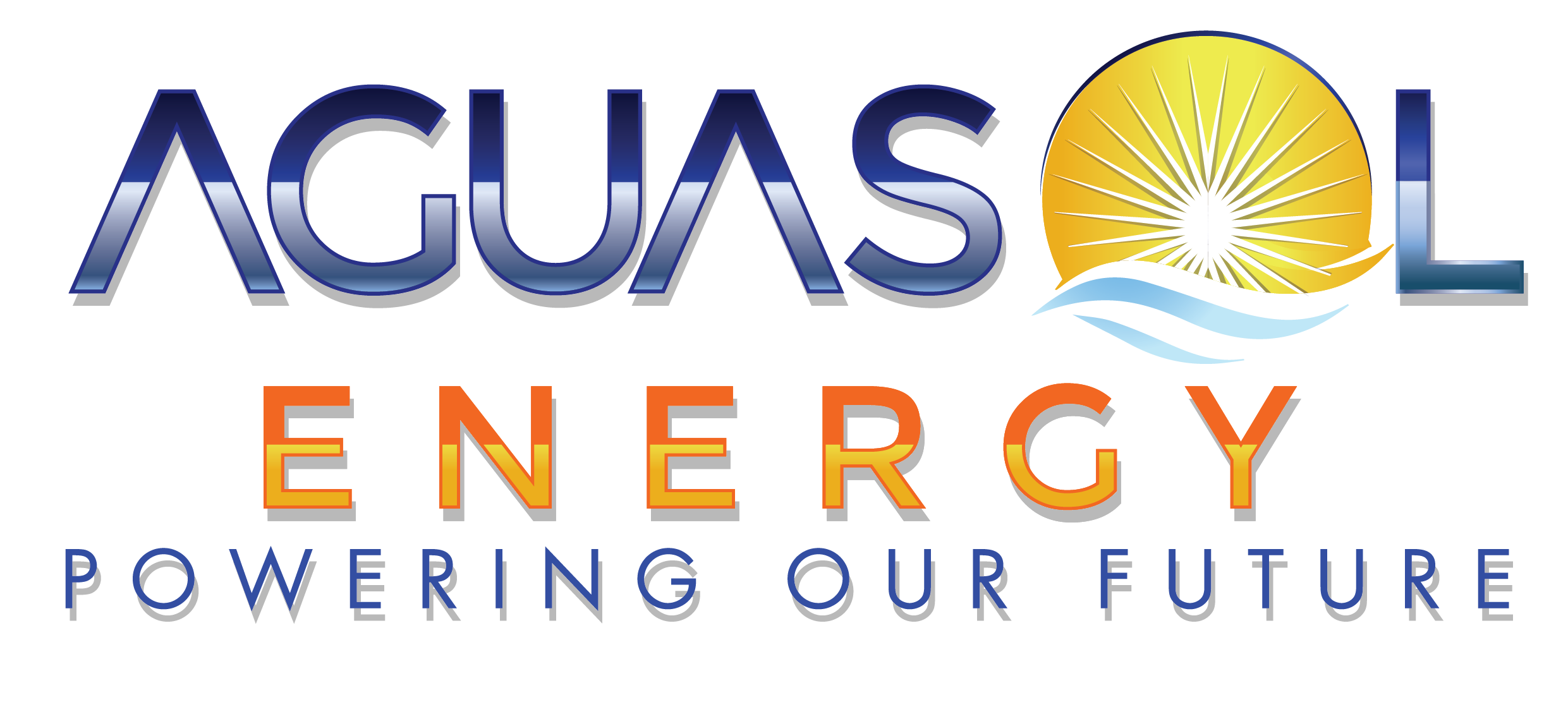In the wake of global economic uncertainties, solar finance companies find themselves at a critical juncture, facing unprecedented challenges and opportunities in the renewable energy landscape. As the solar industry continues to evolve amidst fluctuating market conditions, understanding the impact of the current economic climate on solar finance companies and exploring strategies to navigate these challenges becomes paramount. In this article, we delve into the dynamics of solar finance operations, assess the implications of the economic downturn, and identify pathways for resilience and growth in the face of adversity.
The Role of Solar Finance Companies:
Solar finance companies play a pivotal role in facilitating the widespread adoption of solar energy by providing financing solutions for residential, commercial, and utility-scale solar projects. These companies offer a range of financial products and services, including solar leases, power purchase agreements (PPAs), loans, and tax equity financing, enabling customers to overcome upfront cost barriers and realize the long-term benefits of solar energy generation. By leveraging innovative financing structures, risk mitigation strategies, and industry expertise, solar finance companies catalyze investment in solar projects, drive market expansion, and accelerate the transition to a clean energy future.
Impact of Economic Downturn:
The current economic climate presents significant challenges for solar finance companies, stemming from disruptions in capital markets, reduced investor confidence, and heightened risk aversion. Volatility in interest rates, tightening credit conditions, and economic uncertainty can impede access to capital, increase borrowing costs, and constrain liquidity for solar finance providers. Moreover, shifting consumer preferences, changing regulatory landscapes, and competitive pressures may further exacerbate financial challenges and market uncertainties, affecting revenue streams, project pipelines, and profitability for solar finance companies.
Strategies for Overcoming Economic Downturn:
Despite the challenges posed by the economic downturn, solar finance companies can adopt proactive strategies to mitigate risks, enhance resilience, and position themselves for long-term success:
- Diversification of Financing Portfolios: Solar finance companies can mitigate exposure to market volatility and credit risk by diversifying their financing portfolios across different asset classes, geographies, and customer segments. By spreading risk and leveraging synergies across diverse investment opportunities, companies can enhance financial stability, optimize returns, and navigate market uncertainties more effectively.
- Strengthening Risk Management Practices: Robust risk management frameworks are essential for identifying, assessing, and mitigating financial risks associated with solar projects. Solar finance companies can enhance risk management practices by implementing rigorous due diligence processes, conducting comprehensive credit analyses, and monitoring portfolio performance to proactively identify emerging risks and adapt to changing market conditions.
- Innovating Financing Models: Innovation is key to unlocking new financing opportunities and addressing evolving customer needs in the solar market. Solar finance companies can explore innovative financing models, such as securitization, green bonds, and crowdfunding platforms, to broaden access to capital, attract diverse investors, and expand the reach of solar financing solutions to underserved markets and communities.
- Collaborating with Stakeholders: Collaboration and partnerships across the solar value chain are critical for driving innovation, scale, and impact in the renewable energy sector. Solar finance companies can collaborate with solar developers, utilities, regulators, and policymakers to streamline project development processes, align incentives, and advocate for supportive policies that promote investment certainty, market transparency, and regulatory stability.
- Embracing Digitalization and Technology: Digitalization and technology-driven solutions can enhance operational efficiency, customer engagement, and risk management capabilities for solar finance companies. Leveraging digital platforms, data analytics, and artificial intelligence (AI) tools can streamline loan origination, underwriting processes, and portfolio management, enabling companies to make data-driven decisions, optimize resource allocation, and enhance customer experiences in the digital age.
Conclusion:
In conclusion, the current economic climate poses significant challenges for solar finance companies, necessitating proactive strategies and adaptive measures to navigate market uncertainties and sustain growth in the solar industry. By embracing innovation, strengthening risk management practices, fostering collaboration, and leveraging digitalization, solar finance companies can enhance resilience, drive value creation, and unlock new opportunities in the evolving renewable energy landscape. Despite short-term headwinds, the long-term prospects for solar finance companies remain promising, as the global transition towards clean energy gains momentum, and solar energy emerges as a key driver of economic prosperity, environmental sustainability, and energy resilience in the years ahead.

